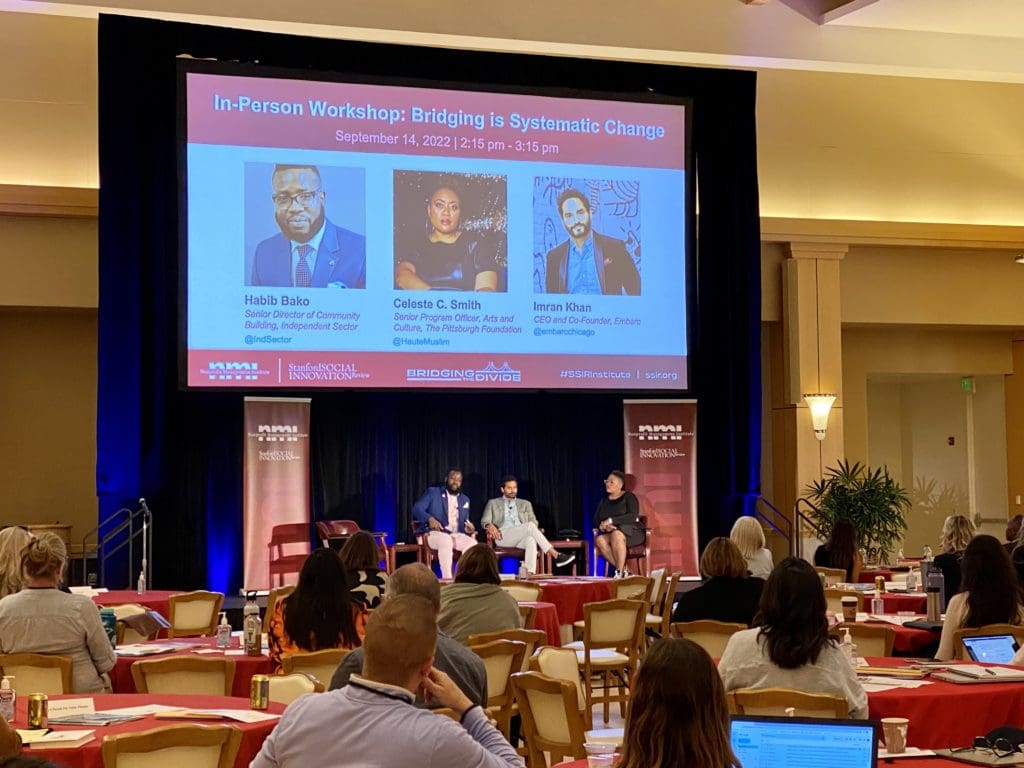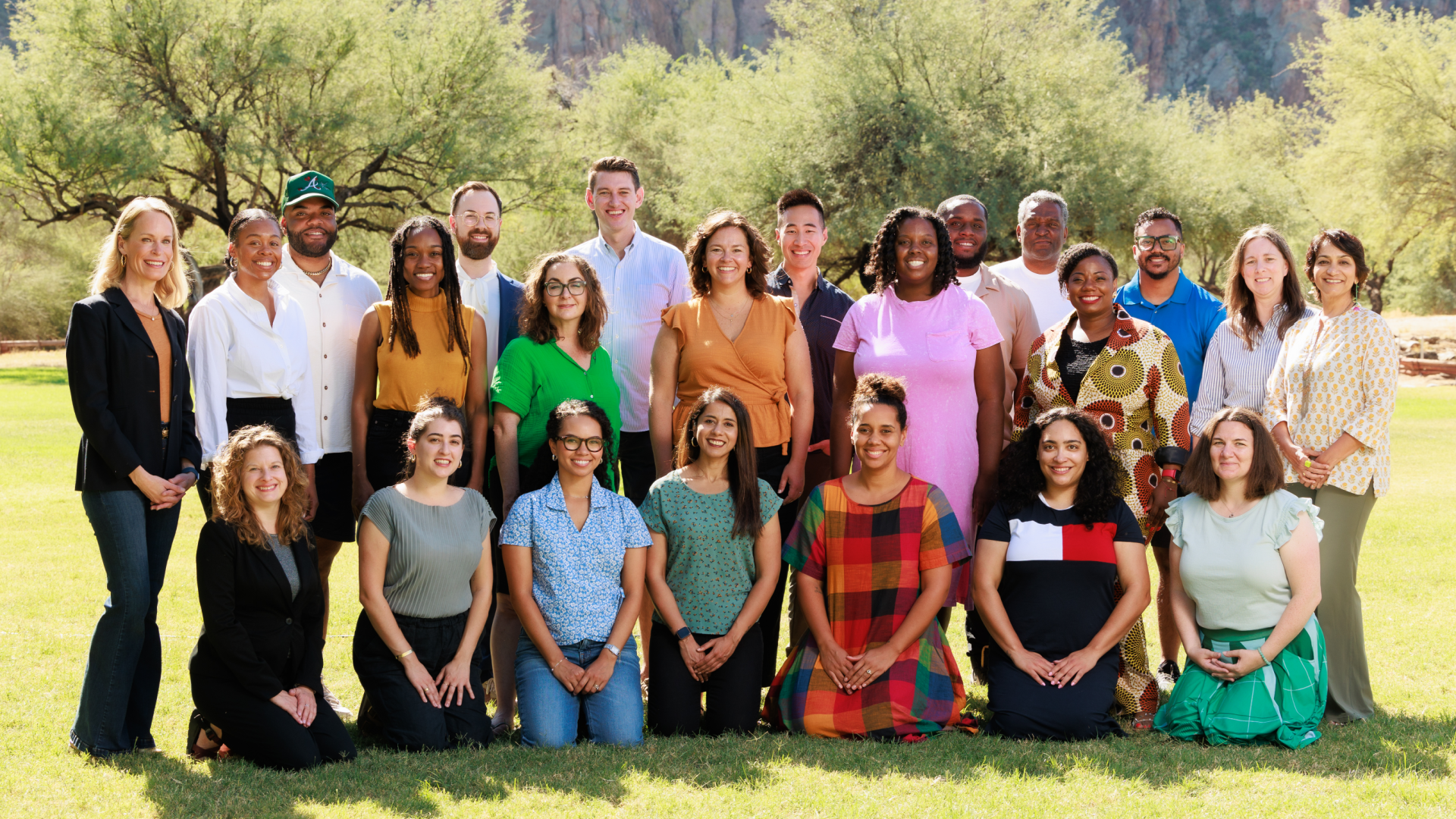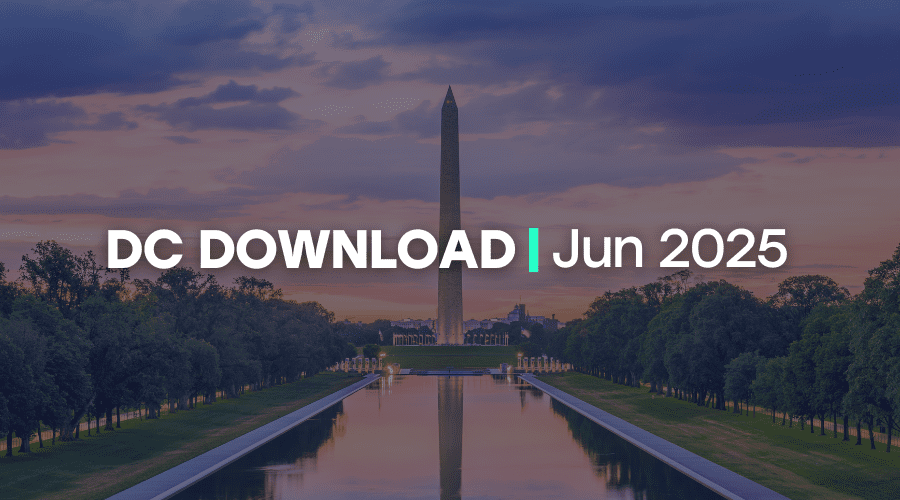Earlier this month, I was privileged to participate in a special three-day convening by the Nonprofit Management Institute, presented by the Stanford Social Innovation Review, that focused on empowering and inspiring social change to bridge real or perceived divides of all types — within our organizations, our communities, and society at large.
Called “Bridging the Divide,” the hybrid Sept. 13-15 conference (in-person at Stanford University and virtual) required that attendees look squarely at an uncomfortable reality: With the issues that confront our world – strengthening democracy, addressing wealth disparity and inequality, and impending environmental ruin – how do we encourage greater cooperation and collaboration in a world that seems more divided by the day?
The conference and amazing group of presenters across the social sector covered a myriad of topics that included:
- how to have better political conversations,
- the tie between deep listening and social change,
- social justice organizations at the crossroads,
- managing internal conflict, and cultivating compassion, belonging, and health,
- using social media to fight disinformation and weaponizing platforms,
- navigating intergenerational conflict,
- business and nonprofit collaboration to improve the environment;
- building a thriving multiracial democracy,
- getting “proximate” to achieve real change,
- building trust between organizations and communities,
- having fearless conversations in divided times,
- bridging board-staff relationships, and
- political collaboration on immigration policy.
Bridging Is Systemic Change
I was honored to host an in-person workshop, “Bridging Is Systemic Change,” sharing why bridging differences is key to how we work at IS, and why we launched our Bridging Fellows program. Participants also had the good fortune of hearing directly from two of our Fellows – Imran Khan, CEO and co-founder of Embarc, and Celeste C. Smith, co-founder, 1HoodMedia and Senior Program Officer at The Pittsburgh Foundation – about how they are implementing bridging to advance understanding and create change in and through their mission work.
It was important to us that workshop participants left our presentation with specific questions to consider to successfully reach across divides, listen and understand, and communicate in a way that others “hear” you as you collaborate on finding areas of consensus and follow the “north star” of belonging:
- Are you leading with LOVE – for yourself, others, and your community?
- Are you starting from the beginning by “doing,” by building a vision of social cohesion, of showing a clear ROI for everyone (all point of views), laying out a clear narrative, and showing through your actions that you value the viewpoints of those who hold differing opinions from you?
- Can you sit with discomfort, challenge your own bias, and exercise hope for a future beyond reason?
- Do you recognize the importance of those on the frontlines who are closest to the community – the everyday heroes who know best about community needs and are the building blocks of bridging?
- You may be going “out” in communities, but are you going “in?” Are you keying in on what your work is, what your space is, and how you can “play your position” to achieve the desired results of your bridge building work?
- At the center, do you hold that justice is inherent in bridging toward a society where everyone thrives?
And with all of that, are you also able to hold simultaneously the equal importance of self-care, healing, and renewal?
As we conveyed during the workshop, we live in perilous times that cry out for the “bridge builders” who are brave enough to take on the arduous and demanding work of repairing our nation – realizing the importance of centering relationships, and knowing that the systems we strive to change are nested in larger, interconnected systems. Additionally, we should be intentional in amplifying the work of leaders who are scaling this work across the nation – like Independent Sector’s Bridging Fellows.
Habib Bako is senior director of community engagement at Independent Sector.



